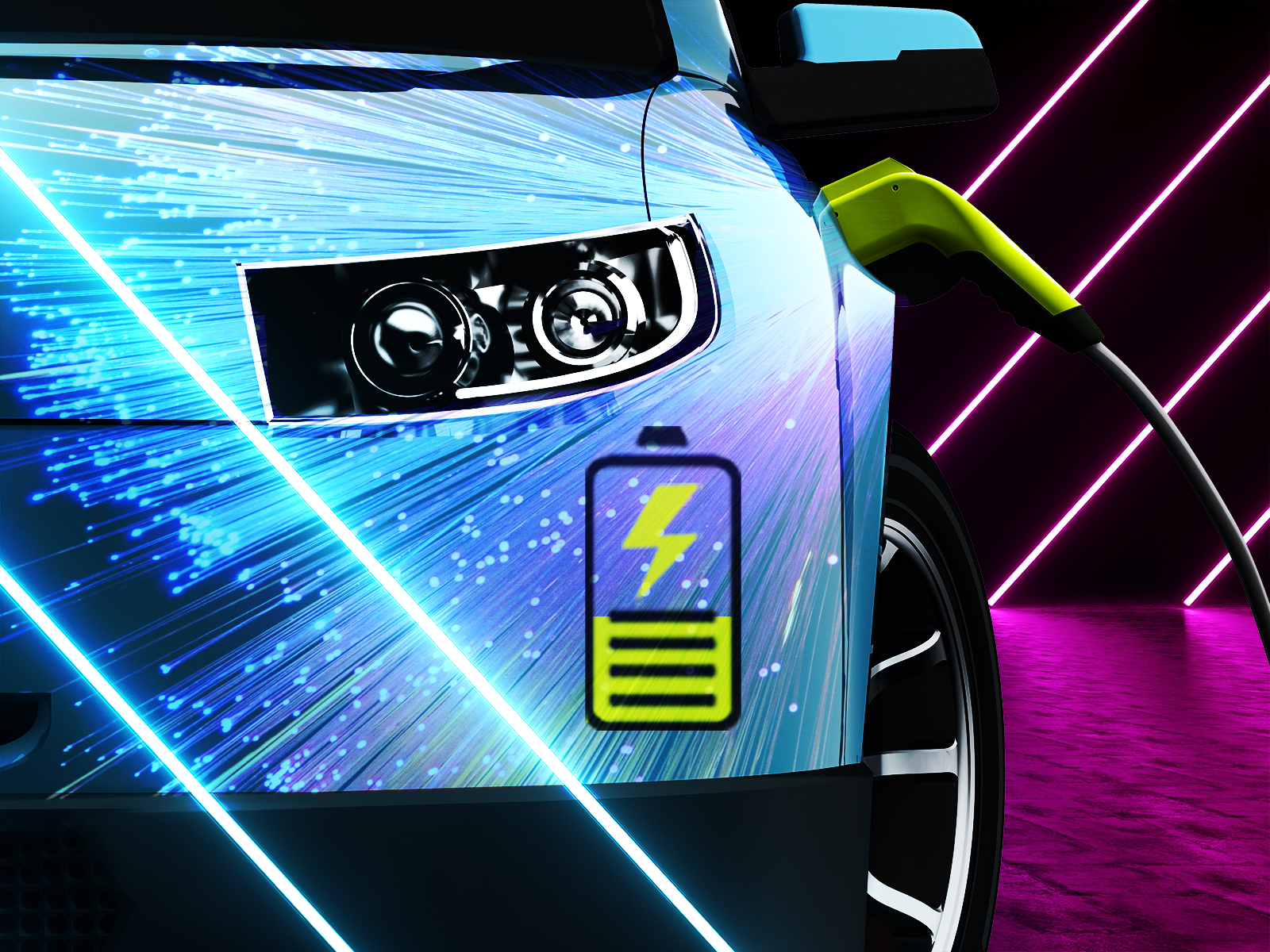The Local newsletter is your free, daily guide to life in Colorado. For locals, by locals.
For years, car companies have vied for position in a race to find a battery that can provide a longer charge for electric vehicles. Being the first to discover this holy grail—a power supply with enough range to make fully electric automobiles a practical option for average car shoppers—would potentially be worth billions. In 2018 alone, investors such as Toyota and Nissan sunk more than $500 million into battery-focused startups. This month, Colorado’s Solid Power is set to zoom to the front of the pack.
Elon Musk has already pushed the boundaries of what’s possible for eco-friendly cars. Teslas’ potentials are limited, though, because they have lithium-ion batteries under their hoods. Decades of innovation have made these energy sources—which also power most electronic accessories, including smartphones—efficient and easy to mass-produce. But safety concerns limit their strength. To put it simply, lithium-ion batteries utilize a liquid electrolyte that serves as a sort of highway for charged particles moving between the anode at one end of the battery and the cathode at the other, with a polymer separator between the two. That liquid is flammable, though; if manufacturers pack too much energy into the device or the polymer barrier breaks down, a fire could occur.
The alternative? Batteries that replace the liquid electrolyte with a solid one, which can’t catch fire, making the product safer. In these solid-state batteries, the anodes are also made of lithium metal, which can stock more power than the graphite used in lithium-ion anodes. But early versions hit a snag: The chemical recipe caused the solid electrolyte to degrade immediately, diminishing the batteries’ ability to hold a charge after one trip.

at the center
of a Solid Power battery. Image credit: Andy Cowell
Finding longer-lasting components that weren’t excessively heavy seemed like a difficult proposition—until University of Colorado Boulder mechanical engineering professors Sehee Lee and Conrad Stoldt began researching the technology in 2010. After three years of testing designs, they found that adding a sulfide-based material to the solid electrolyte kept it intact for about a thousand charges, making solid-state batteries a more feasible transportation option. Intent on commercializing the idea, the university transferred ownership of the research to startup veteran Doug Campbell, who formed Solid Power in 2013.
Now, Campbell’s Louisville-based crew is on the verge of making batteries it claims will extend a car’s range by up to 50 percent. For a Tesla Model 3, the country’s best-selling electric vehicle, that means going from 310 miles per charge to 450. Not surprisingly, backers such as Ford have collectively invested more than $20 million in Solid Power. “The significant amount of money they’ve raised,” says Sam Jaffe, a battery-industry analyst with Boulder-based Cairn Energy Research Advisors, “shows that automakers think they have something special.”
Investors’ bets start paying off this month, when Solid Power opens the country’s first factory capable of churning out solid-state batteries for vehicles. When fully operational, the Louisville facility could produce about 200 a year. That may not seem like much, but Solid Power plans to scale up at a responsible pace, especially as it continues tweaking its manufacturing process. When it’s perfected, Campbell intends to license the secrets to automakers so they can make solid-state batteries at their own plants. Campbell already has partnerships in place with BMW and Ford—meaning the company is on its way to powering the industry’s power players.









